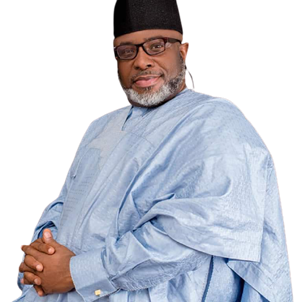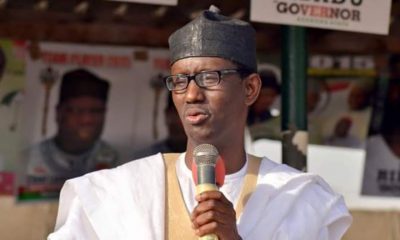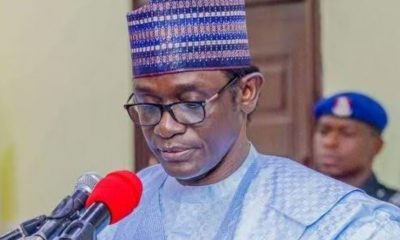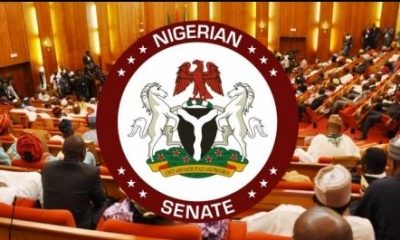A development and economic expert, Dr Chiwuike Uba, has urged the Federal and state governments to take concerted efforts to decisively tackle widespread insecurity and all-involving oil theft.
Uba, who is the Board Chairman of Amaka Chiwuike-Uba Foundation (ACUF), said in a statement on Tuesday that the two major challenges had made a mess of 2022 financial earnings and flow of the entire country.
He noted that these ugly trends had devastated both macro- and micro-levels of the economy; thus, inflicting financial pain on governments, corporate entities and individual Nigerians.
Uba, who is the Lead Researcher of Afri-Heritage, an economic-political research and analytical institute, said: “For the most part, Nigeria’s economy did not do well in 2022.
“It is therefore urgent to put in place a policy and interventions to reverse the economic collapse and avoid the continuation of the ugly past in 2023.
“In particular, between Q1 of 2022 and Q3 of 2022, agricultural and services growth rates declined by 58 per cent and 6 per cent respectively. Overall, the non-oil growth rate decreased by 30 per cent and the oil growth rate by 13 per cent.
“The real GDP growth rate at basic prices decreased by 28 per cent from 3.11 per cent in Q1 to 2.25 per cent in Q3. In the same vein, real GDP growth at market prices fell by 34 per cent from 3.60 per cent in Q1 to 2.28 per cent in Q3.
“Export declined by 16.4 per cent from N7.1 trillion in Q1 to N5.9 trillion in Q3, non-oil export declined by 38.8 per cent from N715 billion in Q1 to N437 billion in Q3 and crude oil export by 17.1 per cent compared to 13.8 per cent decline in non-crude oil export during the year.
“How can the economy be okay with over 133 million Nigerians into multidimensional poverty, which is nothing but abject poverty and a misery index of 62.79 points in July 2022?
“Insecurity and oil theft have to be dealt with without further delay if Nigeria’s economy in 2023 will fare better.”
He said that the continued use of the Central Bank of Nigeria (CBN) ways and means, external and domestic borrowing to finance the budget deficit, had created more economic challenges.
The economist noted that unless this trend was reversed, Nigeria’s economic difficulties would worsen in 2023.
AdvertisementAccording to him, evidence shows that the increase in ways and means has contributed to around 40 per cent of the money supply, which in turn contributed 7.60 per cent to inflation.
He said: “Over 70 per cent of current inflation rate in Nigeria is driven by the exchange rate (depreciation of the Naira), with diesel and aviation accounting for over 11 per cent and about 7 per cent by other exogenous shocks.
“The contribution of money supply to inflation is below 10 per cent, yet the policy direction of the CBN largely focuses on the money supply, without the effort needed to address ways and means and the question of the exchange rate and Naira depreciation.”
The economist, however, congratulated President Muhammadu Buhari on some of the successes in 2022, adding that “the completion of the second Niger Bridge, the Abuja-Kano rail-line and Lagos-Ibadan expressways is highly commendable”.
Uba said that the recovery of more than US$322 million and the determination of the enforcement of the arbitrary award of US$10 billion to P&ID strengthened the government’s position in the fight against corruption.
He said: “In addition, it is worth mentioning, among other accomplishments, the settlement of billions of dollars’ worth of adverse claims on the Ajaokuta steel plant.
“At the state level, there have also been some achievements by some state governments. For example, the ongoing infrastructural development in Imo State has the capacity to turn around the economy of the state in a few years time.”


 Comments and Issues2 days ago
Comments and Issues2 days ago
 Business6 days ago
Business6 days ago
 Business1 week ago
Business1 week ago
 Business1 week ago
Business1 week ago
 Business5 days ago
Business5 days ago
 Comments and Issues5 days ago
Comments and Issues5 days ago
 Education7 days ago
Education7 days ago
 News6 days ago
News6 days ago















